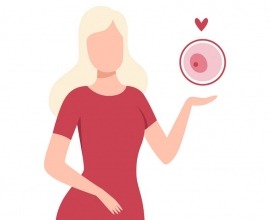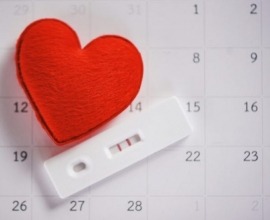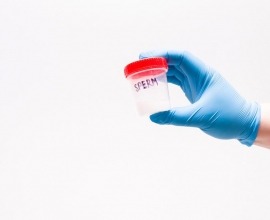What is the process for donating your eggs?
- What is the procedure for egg donation?
- What are the qualities an egg donor should have?
- Will your egg donation be anonymous or not?
Many women have heard of the possibility of donating their eggs, you may even have a friend who has donated their eggs. Donating your eggs can help another couple achieve their dreams of having a child. Many women can’t get pregnant or carry a full-term pregnancy, and egg donation may be the only way for them to have a child. If you are considering donating your eggs it is important to be familiar with the process.
What is the procedure for egg donation?
If you decide to be a donor at a clinic, you may wait a while before you are selected. Donors will have to pass health tests and be what the prospective parent or parents are looking for. If you are selected you will most likely begin the process by taking medication that stops your typical menstrual cycle. You will then take fertility medication that makes your ovaries produce more eggs at the same time. Before your eggs are retrieved you have a high risk of pregnancy if you engage in intercourse during that period. Blood tests and ultrasounds will be taken often during this time. The eggs will be extracted during a thirty-minute procedure in which an ultrasound probe is inserted into the vagina to extract the egg.
The medication can impact your health and there may be some side effects. Your hormones during this period may be out of the norm. The actual egg retrieval is a very quick and relatively painless process. [1]

What are the qualities an egg donor should have?
Most fertility clinics have some basic qualifications that they require any potential donor to meet. Physical health is important, you will have to have a healthy BMI and lifestyle. Your family history can not contain any history of genetic disease. Many clinics look at psychological health as well. A history of mental illness could be an issue for some clinics. You also have to be of prime childbearing age. For most clinics, this is between the ages of twenty-one and twenty-nine.
There are a few other qualities that an egg donor should have that don’t have to do with health. You must want to donate eggs to give to others, and not for some personal gain. You should be compensated appropriately, but the process will be more enjoyable for you if you feel like you are helping others. A flexible schedule is important as egg donation can be time-consuming. There will be a series of appointments you must go to and if you are at a very busy time in your life egg donation could be too much. Most importantly all egg donors should be confident with their choice to donate their eggs. You can’t take it back in the future. [2]
Will your egg donation be anonymous or not?
It depends on the clinic, what you desire, and what the prospective parents want regarding whether the egg donation will be anonymous or known. Some prospective parents want your name and contact and others will not. You may want some baby pictures and this may be allowed. If you choose to be anonymous, the parents will have no identifying information about you.
If you choose to be a known donor you will have the parent's contact information and could form a friendship with them. Being an anonymous donor leaves very little room for negotiation, when the donation is over it’s over. As a known donor your relationship with the family and possible child could take many forms, this is open to negotiation. Either way, you should make the choice you feel most comfortable with. If you can’t decide then maybe you are not quite ready to donate your eggs. As always your concerns and comfort level is the most important thing during this process. [3]
Sources:














